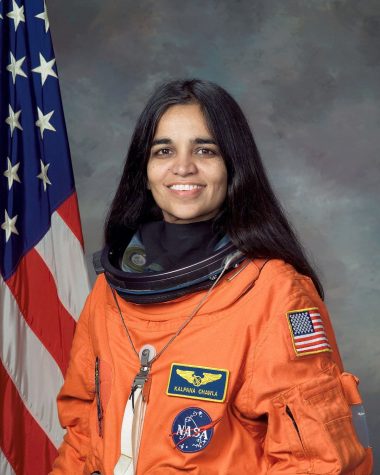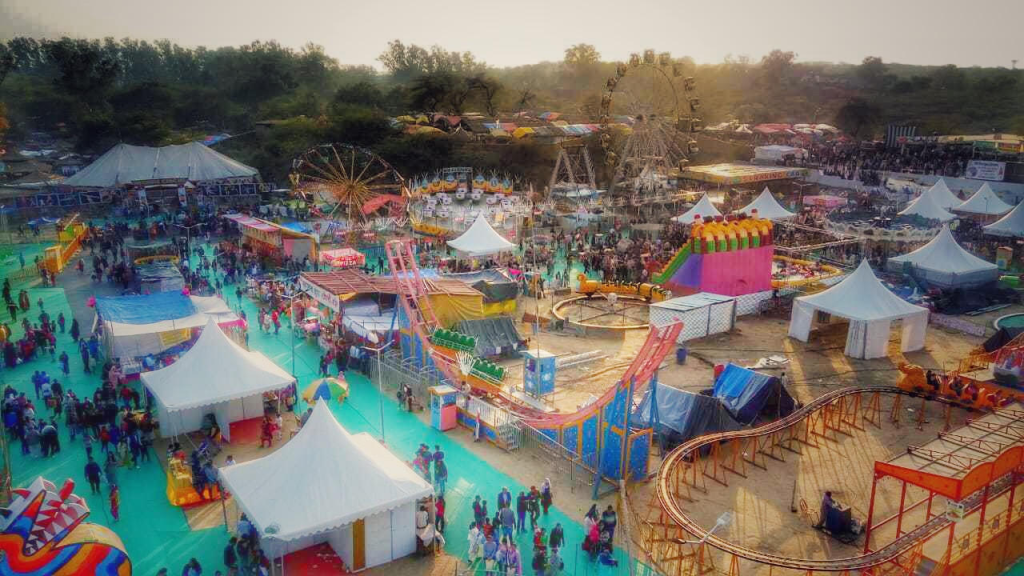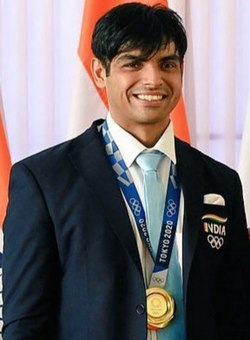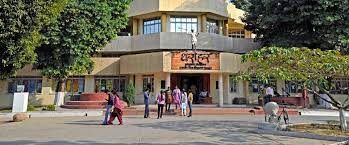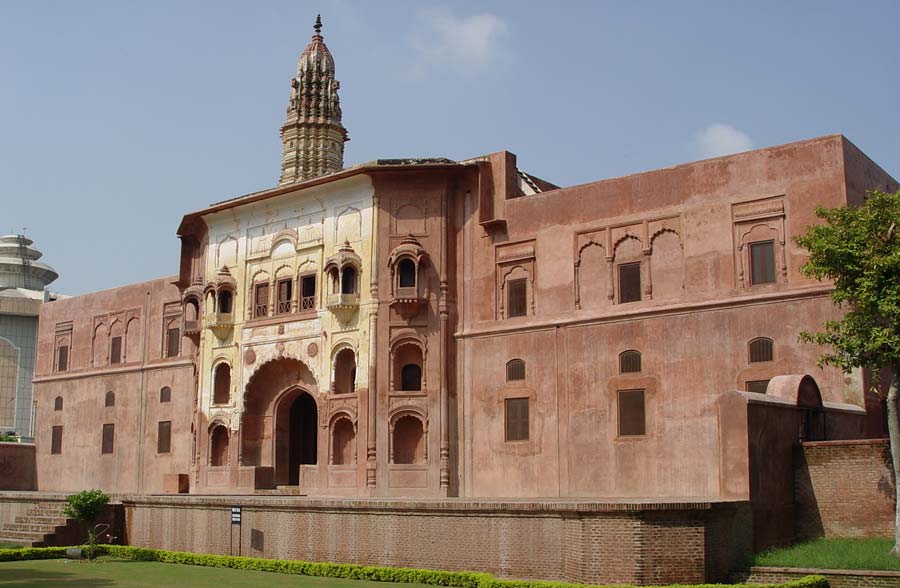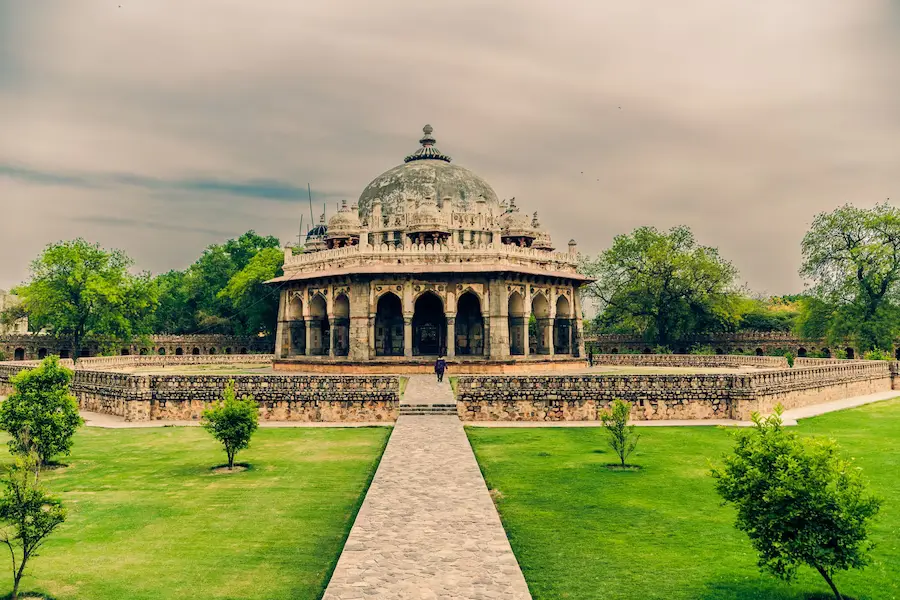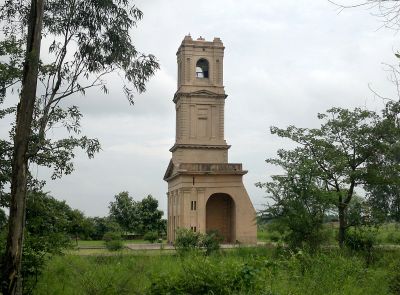Browse Items (23 total)
Sort by:
-
Rai Bahadur Lala Murlidhar
Rai Bahadur Lala Murlidhar, known as the "Grand Old Man of Punjab," was a key figure in India's independence movement and among the founding members of the Indian National Congress. Born in 1850 in Ambala, Haryana, into an Aggarwal family, he settled there permanently in 1872.
A lawyer by profession, he was honored with the title of "Rai Bahadur" by the British government in recognition of his services. In 1885, he was the only representative from Punjab to attend the first session of the Indian National Congress in Bombay. The following year, he helped establish a Congress branch in Ambala, playing a crucial role in advancing the nationalist movement in the region.
After the Jallianwala Bagh massacre on April 13, 1919, Lala Murlidhar gave up his British-conferred titles, including "Rai Sahib" and "Kaiser-i-Hind," in protest against colonial rule. He passed away in 1924, leaving behind a lasting legacy in India's struggle for freedom.
-
Kaku Rana Mewati
Kaku Rana, also known as Kaku Rana Balot Meo, was a notable leader of the Meo community in the Mewat region during the 13th century. He is recognized for organizing the Meos into a structured system consisting of three main lineages (vansh), thirteen subdivisions (pals), and fifty-two clans (gotras), a framework that remains significant in the community’s social structure.
During the reign of Sultan Ghiyas-ud-din Balban (1266–1287), Mewat witnessed multiple military campaigns aimed at subduing the Meo population. Kaku Rana played a key role in leading the resistance against these invasions. Establishing his stronghold at Garhdhamna, near Mehrauli, he led the Meos in their efforts to defend their land. However, despite their resistance, the Meos suffered significant defeats, prompting Balban to set up police posts and forts to tighten his control over the region.
-
Lala Lajpat Rai
Lala Lajpat Rai (1865–1928) was a prominent leader in India’s struggle for independence. Known as the "Punjab Kesari" (Lion of Punjab), he played a vital role in advocating for self-rule and resisting British colonial policies.
Early Life and Education
Born in Dhudike, Punjab, he pursued legal studies before dedicating himself to the national movement.
Role in the Freedom Struggle
A key figure in the Lal-Bal-Pal trio alongside Bal Gangadhar Tilak and Bipin Chandra Pal, pushing for self-governance.
Led efforts in the Swadeshi Movement, encouraging local industries and boycotting foreign goods.
Played an active role in the Non-Cooperation Movement and opposed British rule through peaceful protests.
Led a demonstration against the Simon Commission in 1928 and suffered injuries from police brutality, which later led to his passing.
Contributions to Society
Helped establish Punjab National Bank to support indigenous businesses.
Founded the Servants of the People Society to promote education and social reforms.
Advocated for education, women’s empowerment, and the upliftment of marginalized communities.
Legacy
His resilience inspired future revolutionaries, and his sacrifice remains a crucial part of India's history. His contributions are remembered every year on Martyr’s Day (November 17th).
-
Pt. Nekiram Sharma
Pandit Neki Ram Sharma was born on September 4, 1887, in Kelanga village, Rohtak district, Haryana. Pandit Nekiram Sharma was a well-known social reformer and political leader from Haryana, dedicated to improving the lives of farmers and promoting education. He was actively associated with the Arya Samaj movement and worked to advance social justice, self-reliance, and nationalist values.
He played a significant role in organizing the farming community, advocating for their rights, and opposing exploitative practices. His efforts in the cooperative movement and the establishment of educational institutions greatly contributed to the empowerment of rural society. Additionally, he was involved in India’s freedom movement, spreading awareness about self-governance and equality.
His contributions continue to inspire various social and educational initiatives in Haryana. He passed away on June 8, 1956.
-
Lala Kakaram
Lala Kaka Ram was an influential figure in Kaithal during India's struggle for independence. In 1932, he played a key role in the Civil Disobedience Movement by encouraging people to boycott foreign goods and participate in protests against British rule.
Apart from his political involvement, he was also known for his contributions to education and social welfare. He helped establish educational institutions in Kaithal, supporting the development of the community. His efforts in both the freedom movement and public service have left a lasting impact on the region.
As -
Babu Dayal Sharma
Babu Dayal Sharma was born in 1906 in Dharuhera village, which was then part of Gurgaon district and is now in Rewari district, Haryana. He played an active role in India's freedom struggle and was a key participant in the Praja Mandal movement in 1938, advocating for civil rights and responsible governance in princely states.
After India gained independence, he continued to serve the public and later became a minister in the Haryana state government. His contributions to both the independence movement and the political development of Haryana remain an important part of his legacy.
-
Hira Singh Chinariya
Hira Singh Chinaria was a freedom fighter from Haryana who played an active role in India's independence movement. He was born in 1895 in Kaliyana village near Charkhi Dadri. His father, Man Singh, was a retired Risaldar from the Second Lancers.
Hira Singh contributed to the struggle against colonial rule, and his efforts are remembered as part of India's fight for freedom.
-
Chaudhary Saheb Ram Chautala
The elder brother of Chaudhary Devi Lal, Chaudhary Saheb Ram Chautala was born in Chautala, Hisar, in 1911. He was sentenced to one year's imprisonment in the individual Satyagraha of 1941. He died on May 30, 1987. Chaudhary Sahib Ram Sihag, also known as Ch. Sahib Ram Chautala, was a prominent political leader from Haryana. He was born in Chautala village, located in the Mandi Dabwali tehsil of Sirsa district, and was the son of Chaudhary Lekh Ram Sihag.
During the pre-independence era, he was elected as a Member of the Punjab Legislative Assembly, representing the Hisar Rural General seat as a candidate of the Indian National Congress. He won this seat in 1937 and was re-elected in 1946.
He was the elder brother of Chaudhary Devi Lal, who later became the Deputy Prime Minister of India and twice served as the Chief Minister of Haryana. The Chautala family has played a significant role in Haryana’s political history, with several members holding key positions in government.
-
Sushil Kumar
Achievements:
Olympic Gold Medalist (2012, London) in Wrestling (Men's Freestyle 66kg)
Olympic Bronze Medalist (2008, Beijing)
World Champion (2010, Moscow)
Sushil Kumar is one of India’s most decorated wrestlers and has made Haryana proud on the world stage. His consistency and technique have made him a role model for budding wrestlers in India.
-
Yogeshwar Dutt
Achievements:
Olympic Bronze Medalist (2012, London)
World Championship Silver Medalist (2011, Istanbul)
Commonwealth Games Gold Medalist (2014, Glasgow)
Yogeshwar Dutt is celebrated for his quick reflexes and ability to perform under pressure. His contribution to Indian wrestling, especially in freestyle, has been immense.

